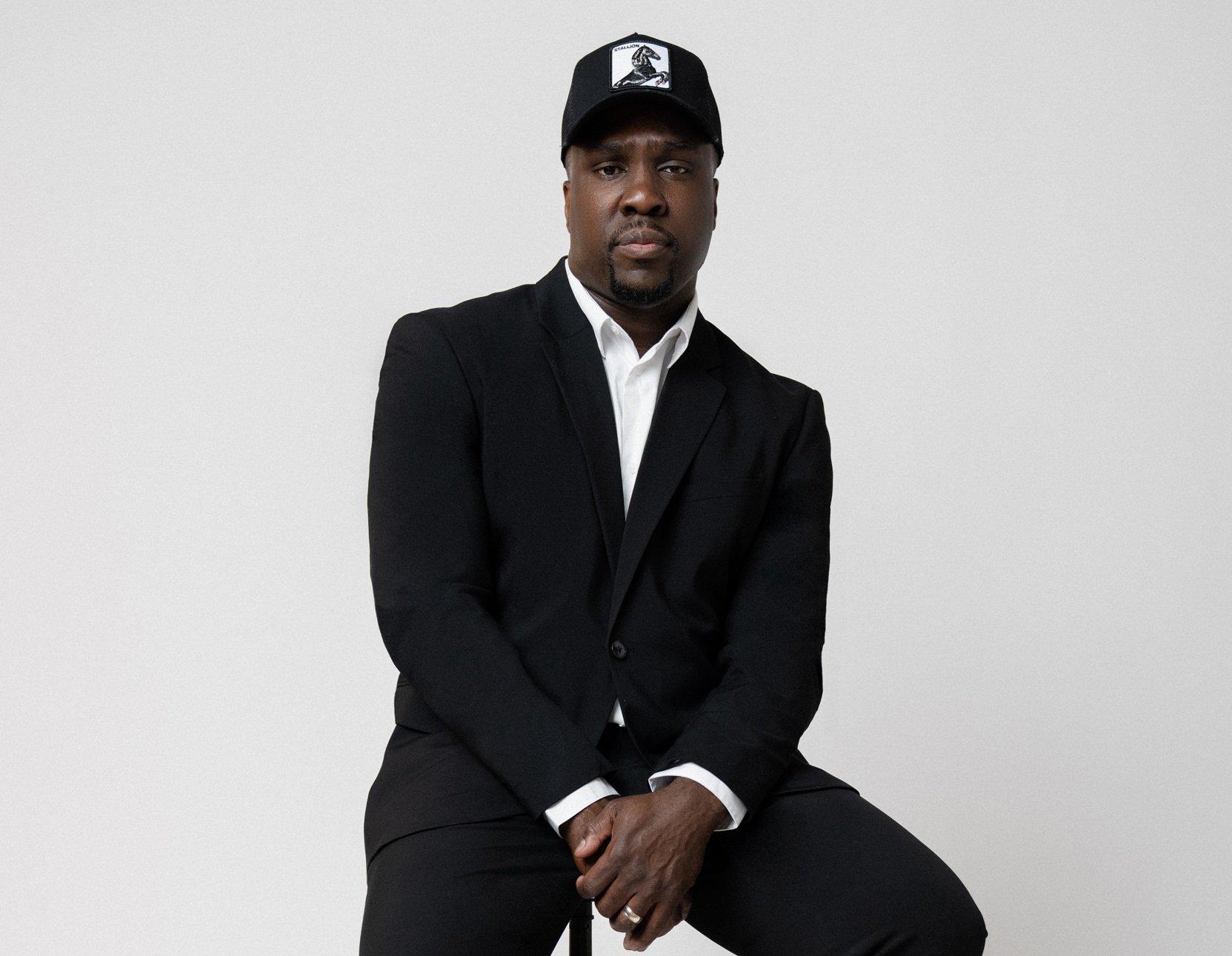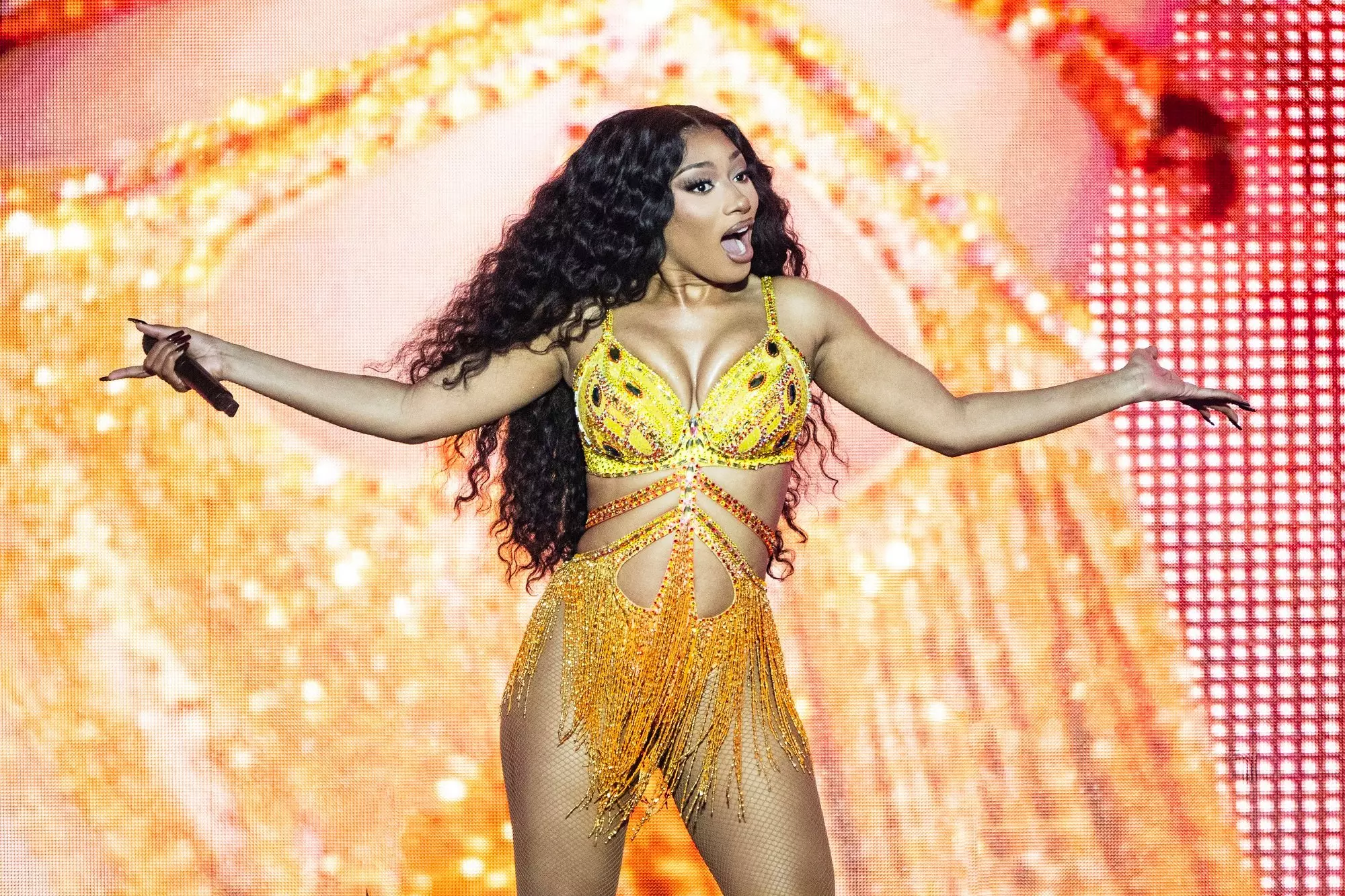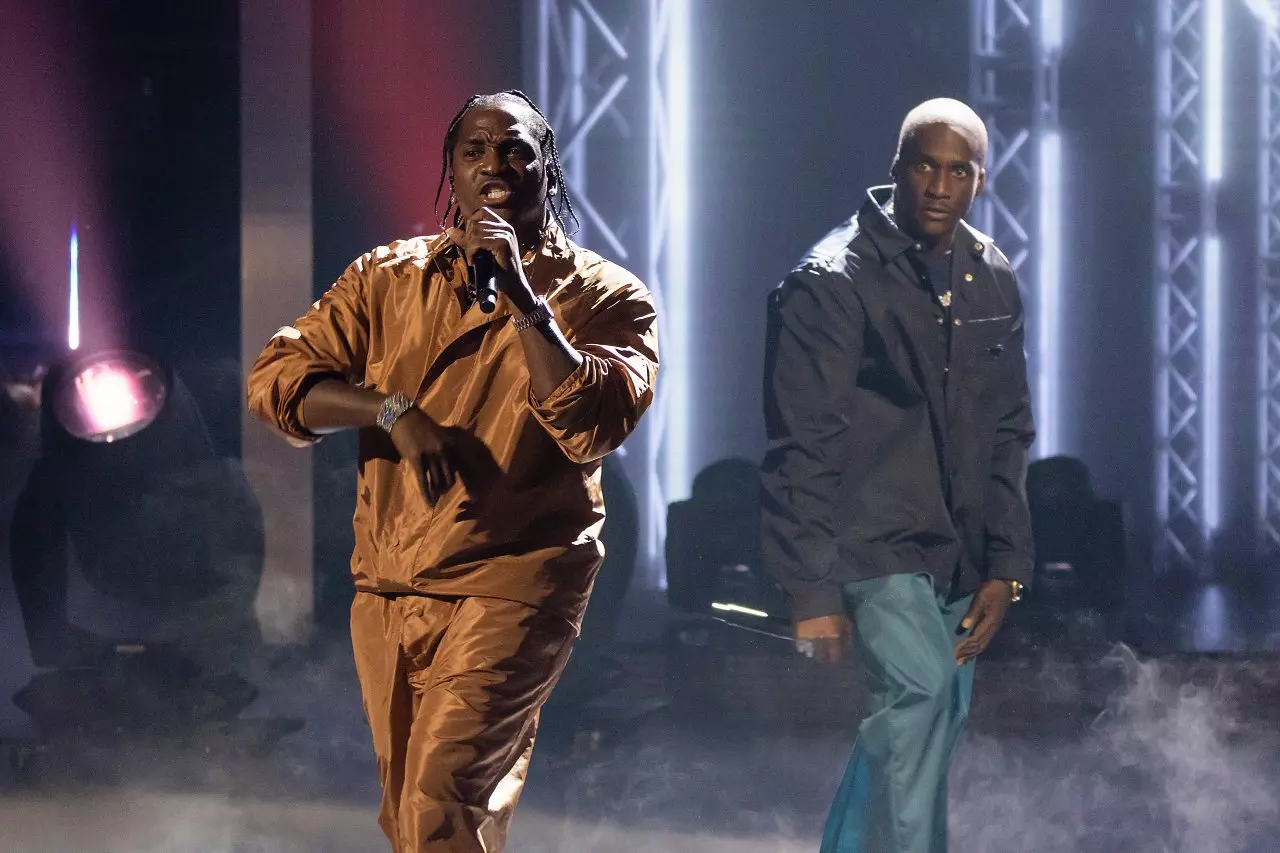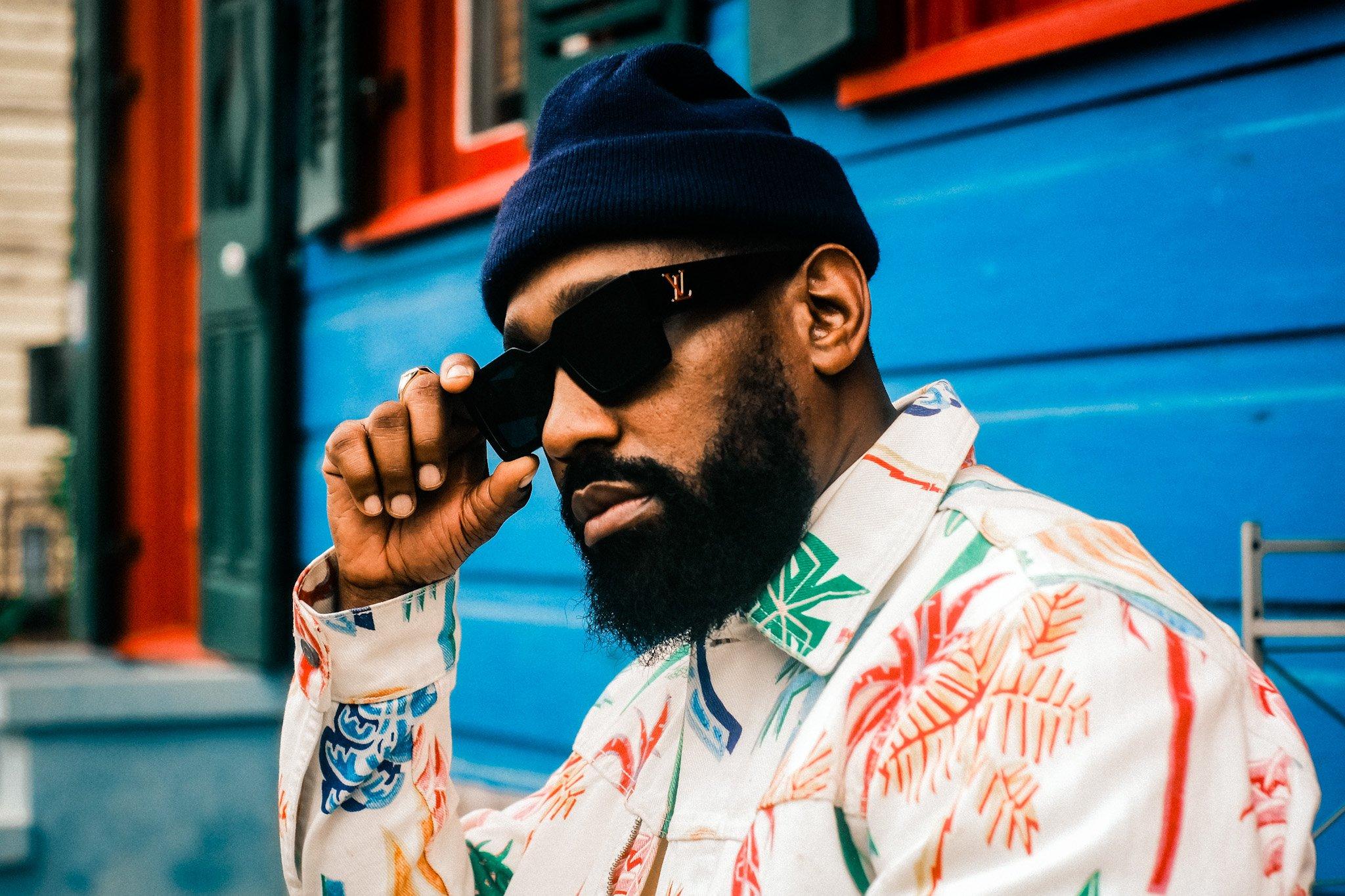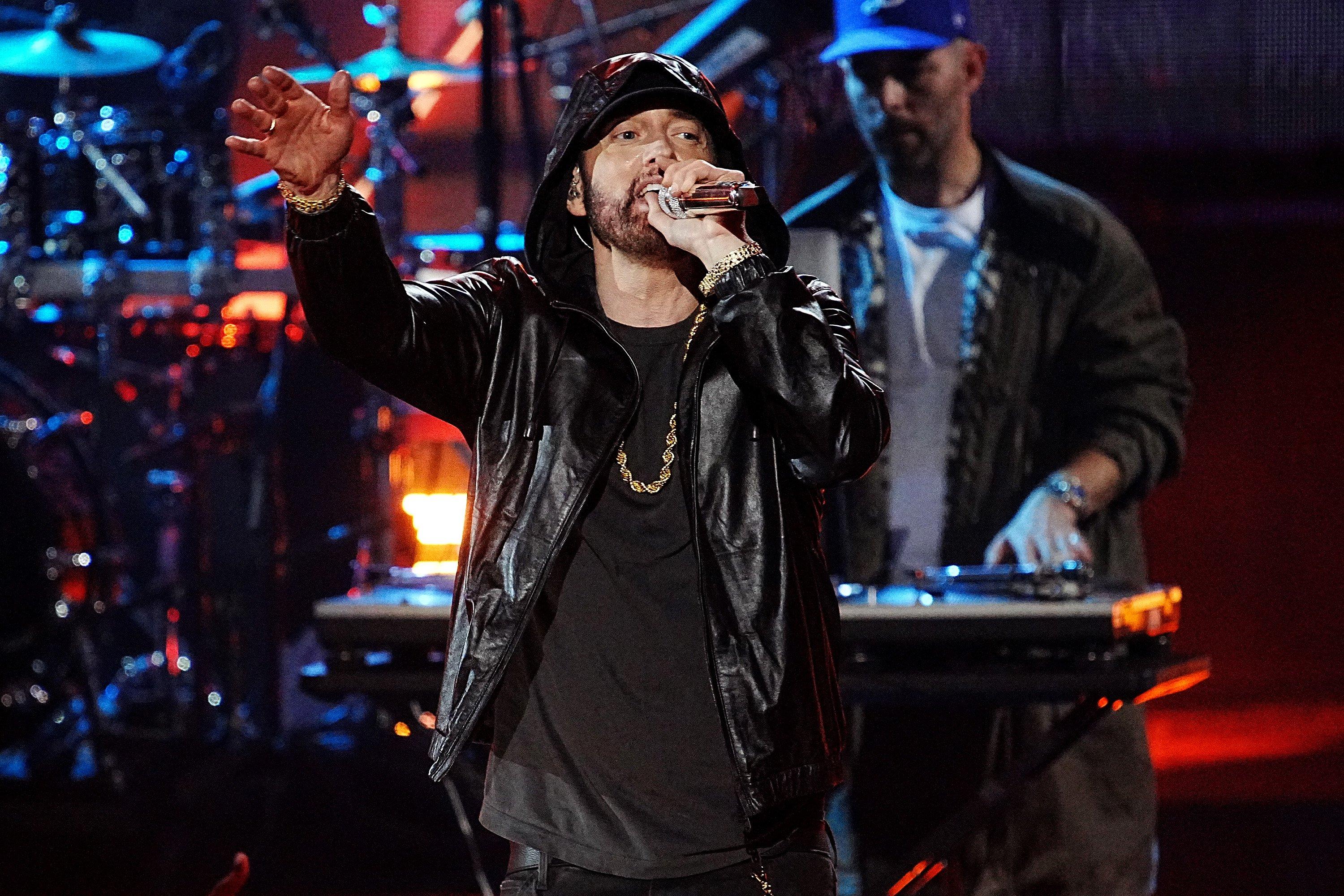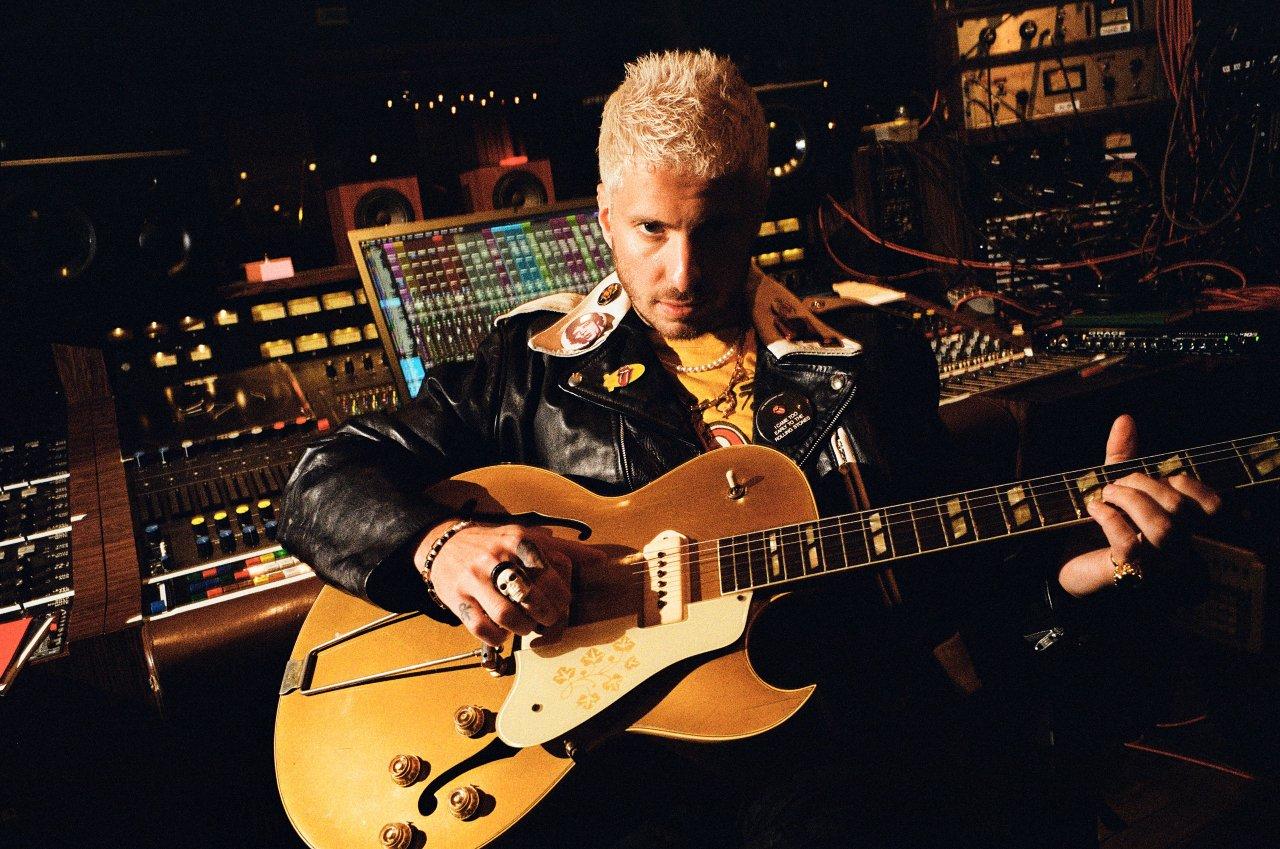Maroon 5 keyboardist PJ Morton's guest-stuffed new album, Cape Town to Cairo, is built on an attention-grabbing conceit. He wrote and recorded it within a 30-day span, while journeying the African continent, visiting Johannesburg, Lagos, Accra, up to Cairo, back down to South Africa.
But a good story is just that, and the entire project — which features Fireboy DML, Mádé Kuti, the Soweto Spiritual Singers, and others — would collapse without quality songs. "The songs were the main thing," the five-time GRAMMY winner says. "It doesn't matter who I have on these songs if I don't have any good songs, so that was the priority."
It's a chicken-or-egg situation; the raw materials of Cape Town to Cairo are solid, but the guests helped them truly pop. Of Nigerian native Fireboy DML, who Morton worked with in his home country: "I had a bit of my song 'Count on Me' already, and he sat there and wrote that in 20 minutes," he says, with awe still palpable in his voice.
Elsewhere, Morton hails South African trumpeter and composer Ndabo Zulu's sense of instrumental space on "All the Dreamers" (which also features singer/songwriter Aṣa), and on the highlife "Who You Are," Mádé Kuti's channeling of his grandfather Fela Kuti's essence.
What was Morton's primary takeaway from the experience? Most of us abstractly understand how much Africa influenced American music; it's another ballgame altogether to witness it firsthand — as this native New Orleanian did.
"When I'm in Lagos, Nigeria, and I'm seeing the horn players play, I'm like, Man, this feels like home," Morton enthuses. "I'm in Ghana, and I hear highlife, I'm like, This feels like a second line or something. And then, I eat jollof rice, and I'm like, Man, this is jambalaya. This is their version."
Read on for the full interview about Cape Town to Cairo, and what Maroon 5's working on in 2024.
This interview has been edited for clarity.
When our CEO, Harvey Mason jr., traveled Africa, he called the experience "mind-bending," "game-changing" and "eye-opening." What was your reaction?
Oh, man. That was constantly happening for me over and over. When someone says, "Welcome home," or I look at money and see a Black man on the money, I'm like, Man. This is a different place, and so much love.
But for me, it was all the connections I was making to my home. I mean, being from New Orleans, a lot of the food, the music, the way they dance in the streets, and the way they celebrate, it just was really a bunch of connections happening for me. I'd say it was a life-changing trip for me.
I totally hear that syncopation and swing in Maroon 5.
Yeah. This is a big statement, but ultimately all our music is African music. It's hard to unsee once you see that. Now, all I see and hear is Africa a lot of times. We've used those three chords and the truth forever. These banjos, these things were created in Africa.
I've been in Maroon 14 years, and I think a reason I connected with the guys is because we're influenced by the same things — even in different worlds that we didn't realize were the same things.
Can you talk about the process of making Cape Town to Cairo while on the road?
That's what was so crazy about this — I created the album in 30 days while in Africa from scratch.
So, there was no time to process and then put it together, which was also just fascinating — something I never do. I take my time. I'm intricate. I cross every T and dot every I, so this was an experiment in trusting my instincts and just trusting what I know that has gotten me this far in music.
That was a really interesting part — because I had to quickly process what I was feeling, or not even fully process, but allow my soul and my body to process it and just write whatever was coming out, and create whatever music that was happening in South Africa.
Sounds like a heavy readjustment of your usual thinking.
As soon as I stepped on the ground and the first day we were in the studio, everybody was kind of on edge because they didn't know what I was going to write. I didn't know what I was going to write, but three songs came immediately.
Three ideas came that very first day I was in the studio, and that kind of relaxed me a bit, but that was the process. It was feel where you are, go in the studio, write some melodies, create some music, come back a few days later, put lyrics to that, and then redo.
And so, we did from South Africa, we started in Cape Town, obviously to Cairo, but with Cape Town. Then we went to Johannesburg, and all in between this, I was doing shows. We were doing concerts. I was doing radio interviews, TV interviews. I really wanted to just engulf myself as fast as I could.
When we got to Lagos, we landed on Fela Kuti's birthday, who's the father of Afrobeat. And man, it was so inspiring for me. I went in the studio the next day in Lagos, and the same thing happened — three songs just like that, three ideas.
One thing that was also different from my process is, sequencing is so important to me, but I couldn't leave Africa without knowing that these songs worked together. So I had to kind of work through that process in a truncated period of time, but I'm so proud of what happened. It's just really listening to my instincts, and it is raw emotion, this album is.
Some of the songs, I didn't realize what I was talking about until after I listened to them, and it was like, oh, I thought I was talking about this, but I'm talking about this.
Such as?
"Please Be Good to Me," specifically, it was like, I thought it was like a sexy love song, vibe song, but I feel like I'm talking to Africa.
Like, Take me to another place. I don't need to be in control. I've promised all these people I'm going to write an album in 30 days. Continent, please be good to me. Just give it to me. I have bad writer's block sometimes, so I was hoping that didn't happen, and it worked out.
Fela Kuti… speaking of people who should be on money. But what's his significance to you, personally?
I just think the way he was a fighter, the way he was a band leader, I really pride myself on musicianship.
Again, being from New Orleans — Afro Orleans is the name of my new band that we're going out with in the summer, and it's the horns, it's the percussion and all of that. So it is in that spirit of Fela. Also, his grandson, Mádé Kuti, is on one of the songs, "Who You Are."
He's the first person that made me pay attention to African music in general. My gateway was Fela. And so, to connect it this way, and to finally be in Lagos where he did it — to be at the shrine — was just special.
You made Cape Town to Cairo in such an intuitive and freewheeling manner. How did you ensure an album came out the other end, and not a bunch of outtakes or something?
It was trial and error, man, because initially I was trying to do so much stuff that I was like, Wait, I lost my voice. You know what I'm saying? I was just trying to do too much, and I was like, OK, let's kind of refocus and keep the main thing. So, I had to cancel some interviews; I had to cancel some things and really focus on the main things.
For me, it was trusting those ideas, the things that felt good. What happens in the studio with me is, sometimes I'll have a good idea, but I'm like, well, I can beat that. Let me try to beat it, and then I'll try to beat it. Sometimes, that first one was the one that was supposed to happen, but technically I'm beating it.
But am I beating it? I don't know, because maybe it wanted to come out in that pure form, and not have me get in the way with all my knowledge and years of [experience].
So I started to really trust that. I really just was like, OK, first idea, let's go. This first melody, that's what came out. Let's go with that. Then, I would write lyrics to my mumble track of the melody that I felt right, that moved me immediately. Thankfully, I've been writing songs for a long time, and we got to it, man.
But you're right — it wasn't just about writing songs in 30 days. It's about writing a complete album that I thought was good in 30 days, which is a completely different thing. But I just locked in, man, and I'm still kind of tripping that it happened this way, but I can literally place every song and remember where I was because it's such a short period of time.
I can't wait to fully see the footage of me creating from scratch. We're working on the documentary now, but I've never seen myself make something from nothing [like] this. So, I'm excited to see the inception to the full thing.
What's Maroon 5 up to?
We just did Questlove's podcast and talked about it a little bit, but we're definitely working on a record. Adam's been on fire writing lately, and we just finished the residency in Vegas days ago. We'll be back in Vegas in September, at Park MGM.
But it's going great, man. The music is coming out really cool. I joined at a unique time, which is after Hands All Over and before "Moves Like Jagger" and all of that stuff. It was a transition when Adam started to bring in co-work, and Hands All Over is the last time they didn't use co-writers.
So, now it's back to just him writing, and it's refreshing. I can't lie. It's exciting.
2024 GRAMMYs: How The New Best African Music Performance GRAMMY Category Is A Massive Win For The World

